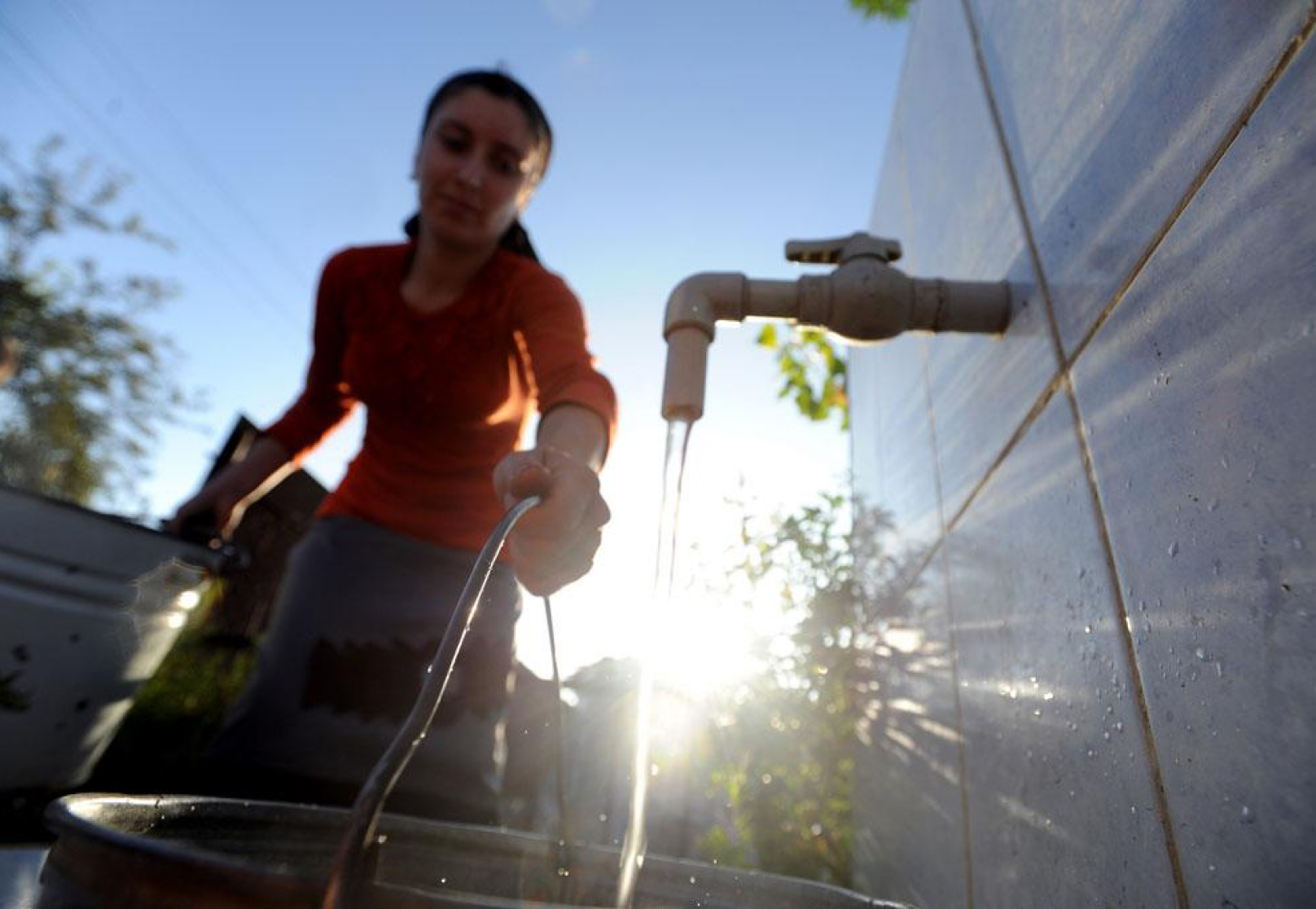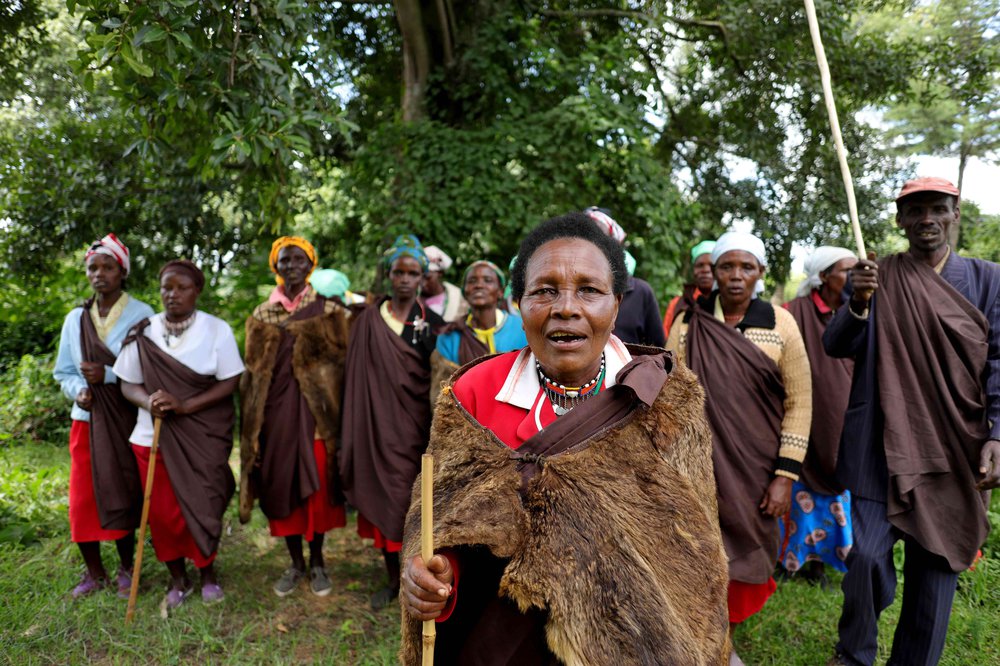Water is a limited natural resource and a public good fundamental for life and health. The human right to water is indispensable for leading a life in human dignity. General Comment 15 of the UN Committee on Economic, Social and Cultural Rights

Everyone has the right to water. The right to water is essential for a dignified life and is vital for the realization of many other rights, such as the rights to health, life, and an adequate standard of living. Although not mentioned explicitly in the International Covenant on Economic, Social and Cultural Rights, it is an essential part of realizing the right to an adequate standard of living, and has been recognized in a wide range of international human rights instruments.
Everyone must have access to an adequate amount of drinking water to prevent dehydration and maintain basic health, with particular regard for the most vulnerable in society. While States should give priority to ensuring the supply of water for personal and domestic uses, measures must also be taken to guarantee water availability and sustainability for the production of food, environmental hygiene, livelihood security, and the enjoyment of relevant cultural practices. Water adequacy will depend on the prevailing social, economic, cultural, climatic, and ecological context, as water should be understood as a social and cultural good rather than primarily as an economic good.
In its General Comment 15, the UN Committee on Economic, Social and Cultural Rights (CESCR) provided detailed guidance to States regarding their obligations to respect, protect and fulfil the right to water. The Committee also noted that the right includes the following interrelated and essential features:
- Availability: Everyone should have access to the quantity of water needed to satisfy basic needs. While the minimum quantity of water required will vary depending on the context (including health status, climate, and work conditions), ordinary personal and domestic uses of water will generally include drinking, personal sanitation, clothes washing, food preparation, and personal and household hygiene.
- Quality: Water for personal and domestic use should be free from harmful substances such as micro-organisms, chemical substances and radiological hazards. Its odour, colour and taste should be acceptable for human consumption.
- Accessibility: Access to water involves four key elements: physical accessibility, economic accessibility, non-discrimination, and information accessibility. Water, and associated facilities and services, must be within safe physical reach for everyone, without discrimination on any prohibited ground. It should be possible to access water within or near each household, educational facility, and workplace. States should ensure that water facilities and services are safe to access, and be attentive to gender, cultural, life-cycle, and privacy requirements. Direct and indirect costs and charges associated with water consumption or use must be affordable for all, and not compromise attainment of other human rights. Everyone has the right to seek, receive, and impart information concerning water issues.







